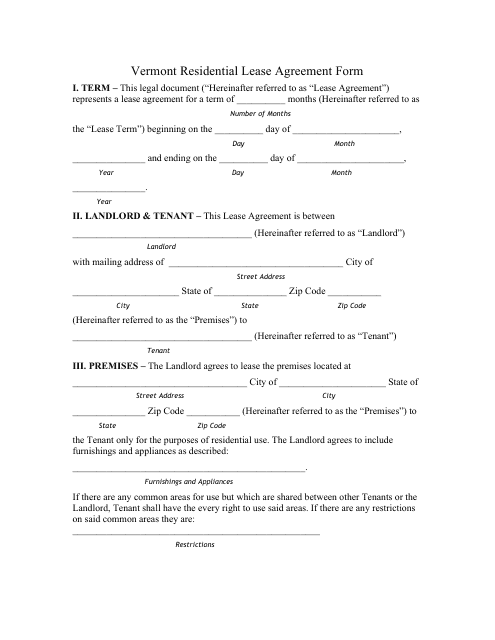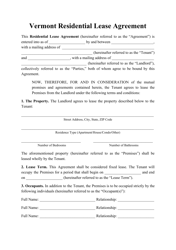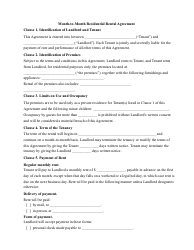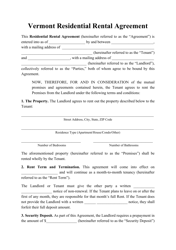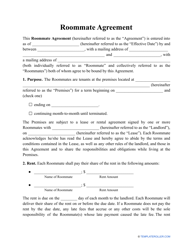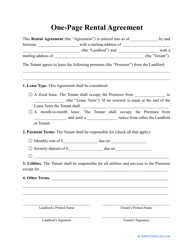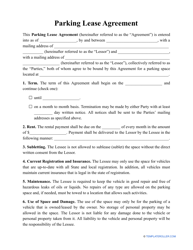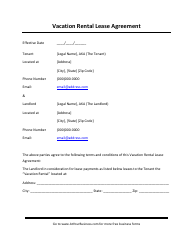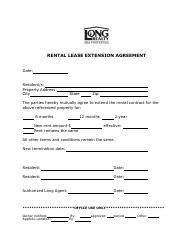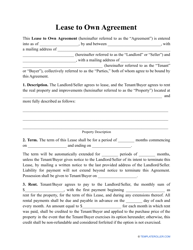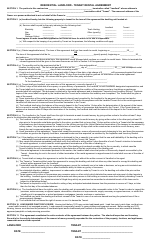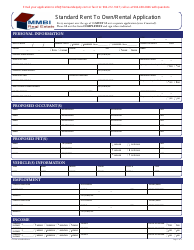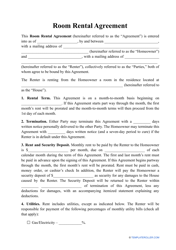Residential Lease Agreement Form - Vermont
The Residential Lease Agreement Form - Vermont is used for legally binding agreements between a landlord and a tenant for renting a residential property in the state of Vermont.
The residential lease agreement form in Vermont is typically filed by the landlord/property owner.
FAQ
Q: What is a residential lease agreement?
A: A residential lease agreement is a legally binding contract between a landlord and tenant that outlines the terms and conditions of renting a property.
Q: What is the purpose of a residential lease agreement?
A: The purpose of a residential lease agreement is to protect the rights and responsibilities of both the landlord and tenant during the rental period.
Q: What should be included in a residential lease agreement?
A: A residential lease agreement should include details such as the names of the landlord and tenant, rent amount and payment terms, duration of the lease, and any rules or regulations.
Q: Is a residential lease agreement required in Vermont?
A: It is not required by law to have a written residential lease agreement in Vermont, but it is highly recommended to have one to avoid any disputes or misunderstandings.
Q: Can a landlord increase the rent during the lease term?
A: In most cases, the landlord cannot increase the rent during the lease term unless specified in the lease agreement.
Q: What are the tenant's responsibilities in a residential lease agreement?
A: The tenant's responsibilities typically include paying rent on time, maintaining the property in good condition, and following any rules or restrictions outlined in the lease agreement.
Q: What are the landlord's responsibilities in a residential lease agreement?
A: The landlord's responsibilities usually include providing a habitable and safe living environment, making necessary repairs, and respecting the tenant's privacy.
Q: Can a tenant break a lease agreement in Vermont?
A: A tenant may be able to break a lease agreement in Vermont under certain circumstances, such as if the property becomes uninhabitable or if both parties mutually agree to terminate the lease.
Q: How long is a typical residential lease agreement?
A: A typical residential lease agreement in Vermont is usually for a period of one year, but it can be shorter or longer depending on the agreement between the landlord and tenant.
Q: What happens if a tenant violates the terms of the lease agreement?
A: If a tenant violates the terms of the lease agreement, the landlord may have the right to take legal action, such as eviction or seeking damages, depending on the severity of the violation.
